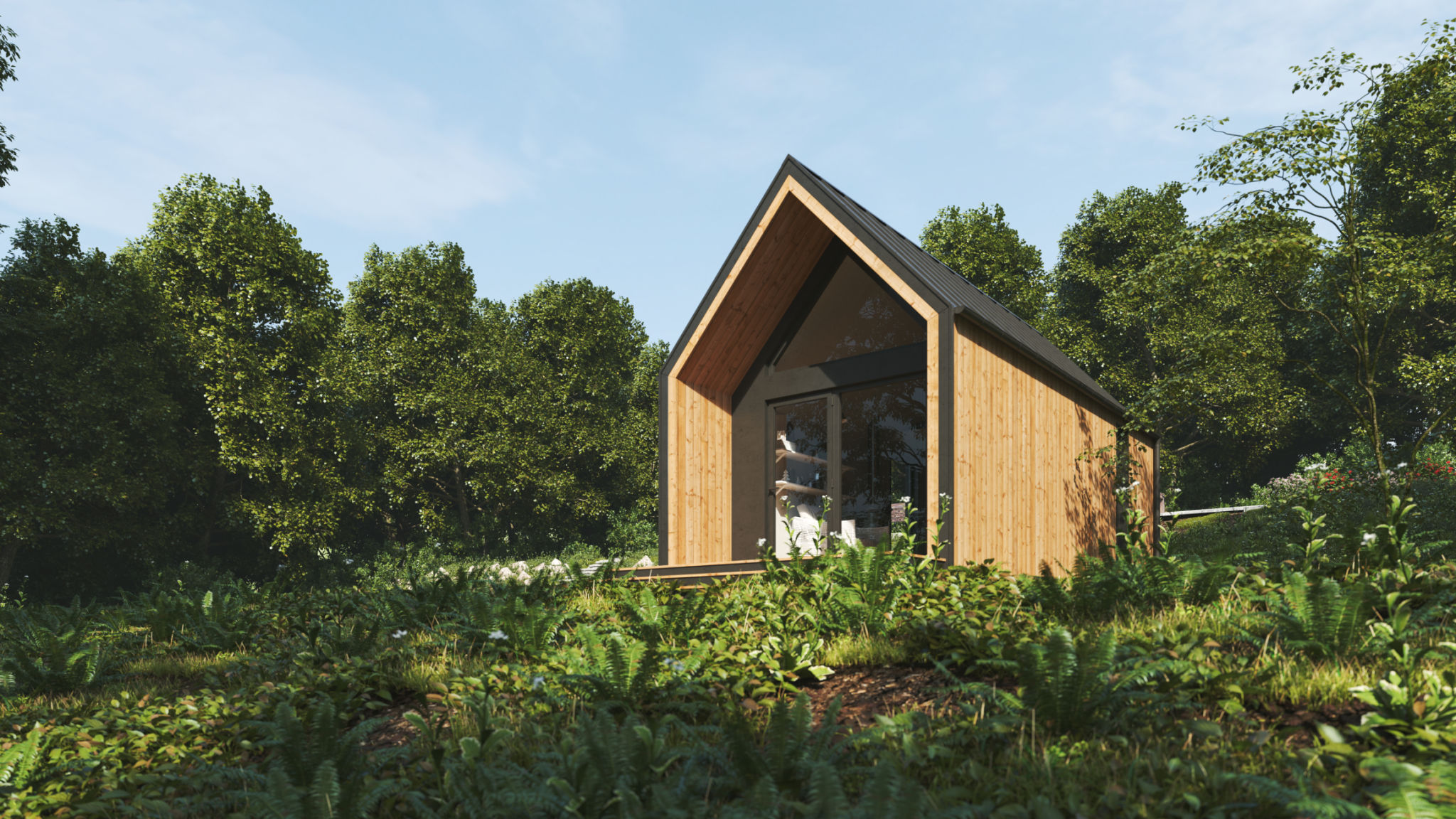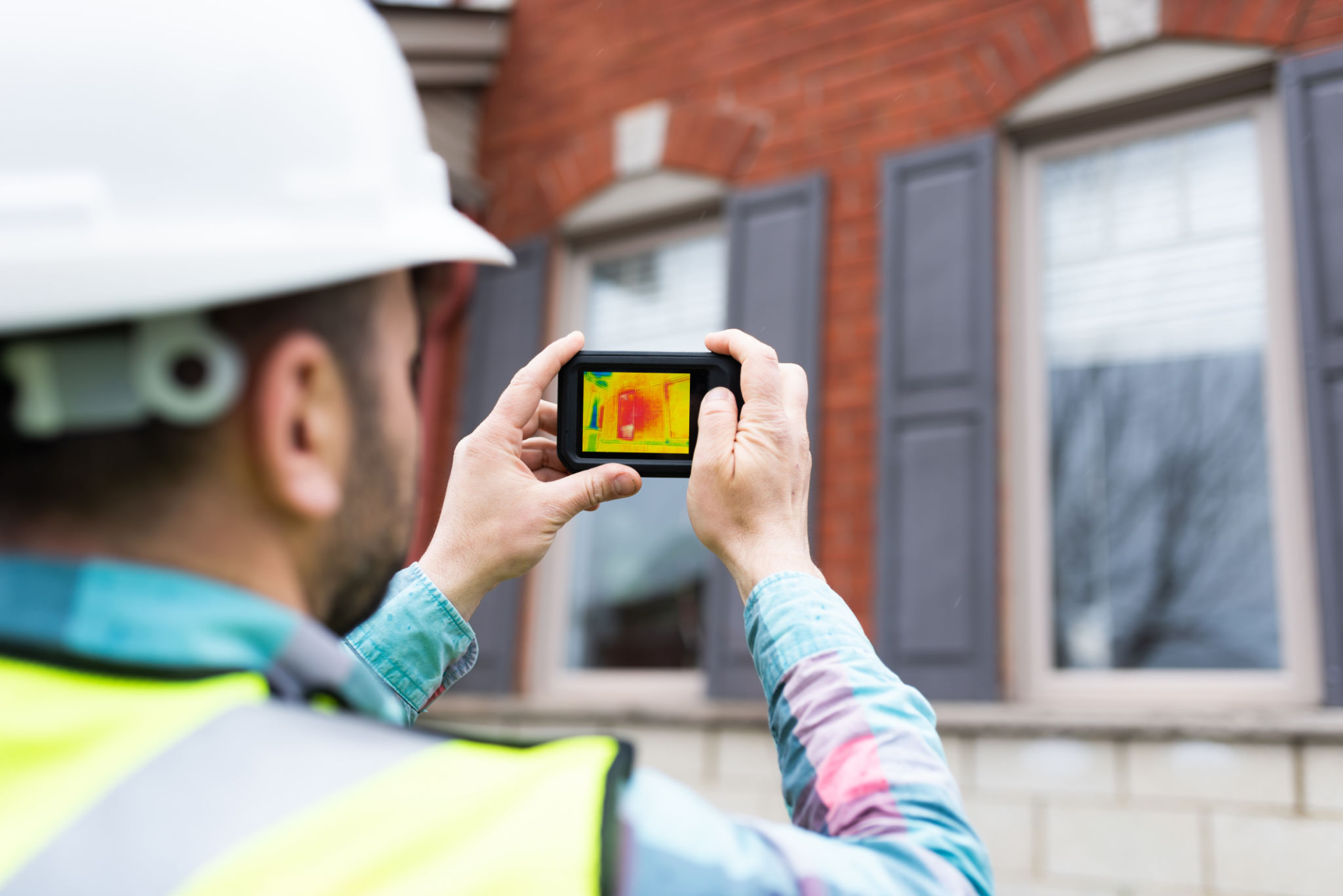Ripon's Best Practices for Sustainable Home Renovations
Understanding the Importance of Sustainable Home Renovations
As environmental concerns continue to rise, more homeowners in Ripon are turning towards sustainable home renovations. These eco-friendly practices not only reduce the carbon footprint but also enhance the efficiency and longevity of the home. By opting for sustainable renovations, you contribute to a healthier planet and potentially increase the value of your property.

Choosing Eco-Friendly Materials
One of the primary steps in sustainable home renovations is selecting eco-friendly materials. Opt for materials that are renewable, recycled, or have a low environmental impact. For instance, bamboo and cork flooring are excellent alternatives to hardwood. They're not only durable but also sourced from rapidly renewable resources.
When it comes to insulation, consider using cellulose, which is made from recycled paper. It’s an effective way to reduce energy consumption while utilizing post-consumer waste. Additionally, look for paints and finishes that are low in volatile organic compounds (VOCs) to ensure better indoor air quality.
Energy Efficiency Upgrades
Improving energy efficiency is a cornerstone of sustainable renovations. Start with an energy audit to identify areas in your home that may benefit from upgrades. Installing energy-efficient windows and doors can significantly reduce heating and cooling costs.
Update your lighting with LED bulbs, which last longer and consume less energy than traditional incandescent bulbs. Consider installing a programmable thermostat to optimize heating and cooling schedules according to your lifestyle, further enhancing energy savings.

Harnessing Renewable Energy
To take sustainability a step further, consider integrating renewable energy sources into your home. Solar panels are a popular choice for homeowners in Ripon due to the area's sunny climate. They can drastically cut down on electricity bills and may even allow you to sell excess power back to the grid.
You might also explore geothermal heating and cooling systems. Although the initial investment can be substantial, the long-term savings and environmental benefits are significant.
Water Conservation Techniques
Water conservation is another key component of sustainable home renovations. Install low-flow fixtures in bathrooms and kitchens to reduce water usage without sacrificing performance. Dual-flush toilets are another effective way to conserve water.
Additionally, consider implementing a rainwater harvesting system. This can be used for landscaping or other non-potable purposes, further reducing your reliance on municipal water supplies.

Waste Management During Renovations
Renovations can generate a significant amount of waste, but there are ways to minimize this impact. Work with contractors who recycle construction waste and salvage materials whenever possible. Donate unused materials or fixtures to local organizations or reuse them in other projects around your home.
Creating a Sustainable Outdoor Space
A sustainable home renovation extends beyond the interior. Consider eco-friendly landscaping practices such as xeriscaping, which utilizes drought-resistant plants that require minimal water. Incorporate native plants that thrive in Ripon's climate, reducing the need for fertilizers and pesticides.
You might also consider installing permeable paving solutions for driveways and walkways, which help manage stormwater runoff and reduce the urban heat island effect.

The Long-Term Benefits of Sustainable Renovations
While sustainable renovations may require an initial investment, the long-term benefits are substantial. Reduced utility bills, improved indoor air quality, and a smaller carbon footprint are just a few of the advantages homeowners can enjoy.
In addition, sustainable homes often have higher resale values, making them an attractive option for environmentally-conscious buyers. Embracing these best practices ensures that your home remains efficient and environmentally friendly for years to come.